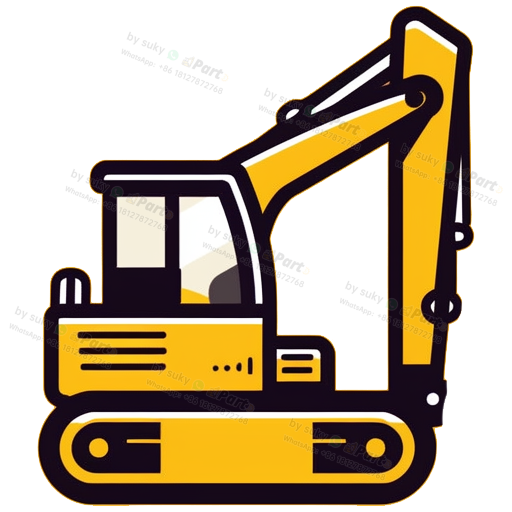Excavators are powerful construction machines that are essential for digging, moving, and lifting heavy materials on construction sites. Importers and distributors of engineering vehicle parts need to have a good understanding of how excavators work to ensure they are providing the right components for these machines.

**1. The Basics of Excavators**
Excavators are made up of a cab, a boom, a bucket, and tracks or wheels for movement. The operator sits in the cab and controls the machine using hydraulic levers that operate the boom and bucket. Excavators can rotate a full 360 degrees and are capable of digging deep into the ground with the use of their powerful hydraulic systems.
**2. Hydraulic Systems**
Hydraulic systems are at the core of an excavator’s operations. They allow the machine to lift heavy materials, dig into the ground, and move with precision. A hydraulic pump pushes hydraulic fluid through hydraulic hoses into hydraulic motors, which then move the boom and bucket. Understanding the hydraulic systems of excavators is crucial for importers and distributors to provide the right replacement parts for maintenance and repairs.
**3. Types of Excavators**
Excavators come in various sizes and types, including mini excavators, crawler excavators, and wheeled excavators. Each type has its own unique features and capabilities, making them suitable for different types of construction projects. Importers and distributors should be familiar with these different types to cater to a wide range of customer needs.
**4. Maintenance and Repairs**
Proper maintenance is essential to keep excavators running smoothly and efficiently. Regular inspections and timely repairs are necessary to prevent breakdowns and ensure the safety of the operator. Importers and distributors should provide high-quality replacement parts to help their customers maintain their excavators in top condition.
In conclusion, excavators are complex machines that rely on hydraulic systems to perform a wide range of tasks on construction sites. Importers and distributors of engineering vehicle parts need to have a deep understanding of how excavators work to provide the right components for maintenance and repairs. By familiarizing themselves with the basics of excavators, hydraulic systems, types of excavators, and maintenance practices, they can better serve their customers in the construction industry.
C6.4 C6.6 C7 C9 C15 3126B Test Wiring Harness For Caterpillar CAT 320C 320D
Check out these related articles for more information:
1. “Top 10 Must-Have Excavator Parts for Maintenance”
2. “The Future of Excavators: The Latest Technological Advancements”



